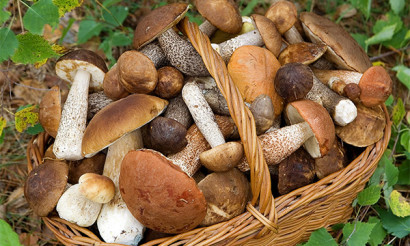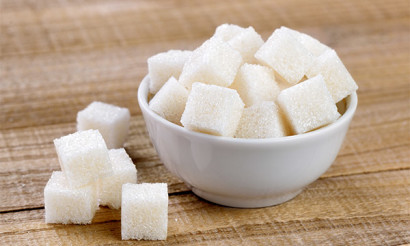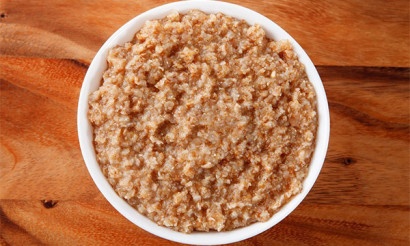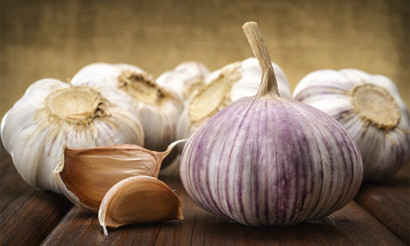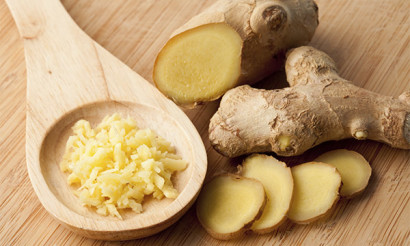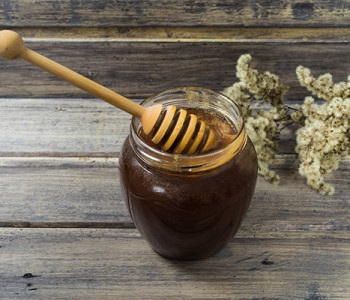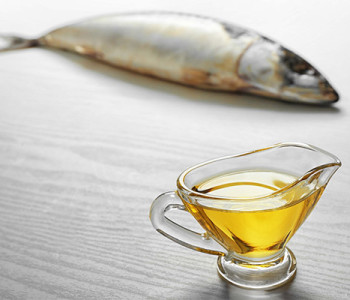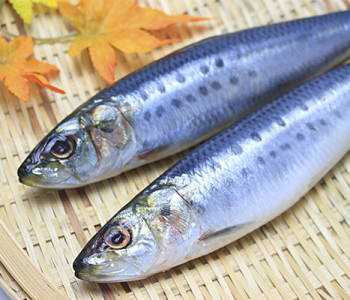How peas affect the human body
Peas are one of the popular legumes used in food. There are many varieties of this plant. The most common of these is considered to be sowing. There is a lot of controversy about its benefits and harms, and therefore it’s worth understanding the composition and effect on the body.
The nutritional value
The chemical composition of the bean has a multifaceted effect on the processes taking place in the human body. So, it contains a large amount of complex carbohydrates, which allows food to be absorbed longer and block the onset of hunger. Metabolic processes are accelerated, and internal lipids are subject to cleavage. Therefore, fresh fruits are well suited for those who want to lose weight.
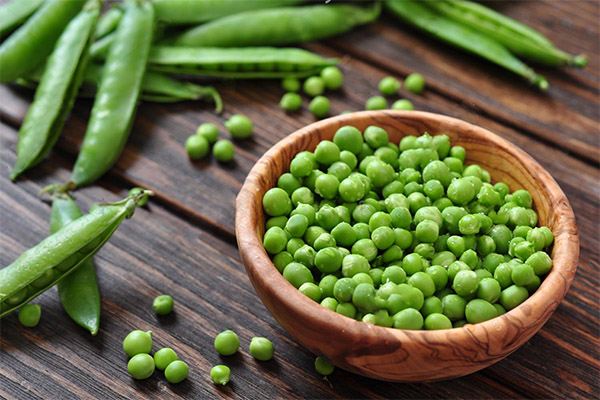
Peas are rich in calcium, potassium, magnesium, phosphorus, vitamins of groups A, B, C, K, E, useful acids. In addition, 100 gr. (120 kcal) cereals contains:
- proteins (8 gr.);
- fats (0.4 gr.);
- fiber (8 gr.);
- thiamine (0.19 mg.);
- iron (1 gr.);
- sodium (2 mg.);
- zinc (1 mg.).
Plant fiber contained in fruits normalizes the work of the stomach and intestines. This is achieved by stimulating smooth muscles and getting rid of toxins and toxins, they cease to accumulate in the body, resulting in improved overall health.
Natural antioxidants (vitamin E) contribute to the removal of free radicals, which means that the oxidation of cells and tissues, leading to destruction, will be impossible. Pea starts the renewal of the skin and prevents the aging process. And vitamin B improves the external and internal structure of hair, skin and nails.
Influence
The composition is characterized by a high protein content, which means that the culture can be a successful substitute for meat products. However, despite all the advantages, it is worthwhile to figure out who can be harmful to use, and who, on the contrary, should pay great attention to this product.
The benefits of legumes
- Included in the components of sports rations, as it helps the body increase resistance to physical exertion, energizes and allows you to stay healthy for a long time.
- The use of legumes in food reduces the level of cholesterol plaques, helps to cleanse blood vessels and increase the elasticity of the walls of the heart, which avoids attacks, strokes and heart attacks. Therefore, doctors recommend that people with cardiovascular pathologies include culture in their diet.
- Helps normalize digestion, relieves heartburn and bowel problems.
- Nucleic acid is an important component in the composition of fruits. Together with iron and vitamin PP, they have a beneficial effect on vision. In addition, pea stimulates the processes occurring in the brain: improves memory and brain activity.
Contraindications
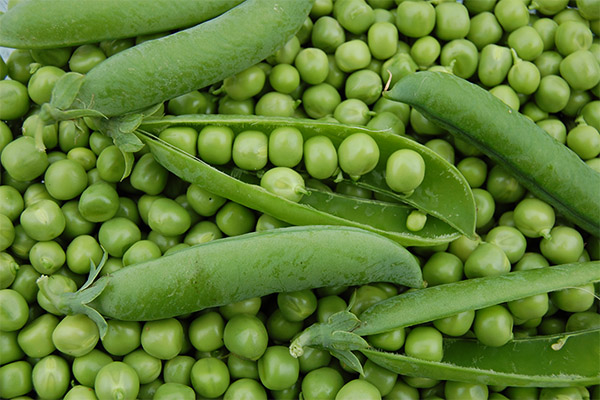
Like any other product, eating peas may not be available to everyone. This is due to the individuality of health indicators. So, the essential circumstances in which benefits can turn into harm are the following:
- joint diseases and gout;
- acute diseases of the stomach and intestines (including duodenal ulcer);
- bloating and flatulence;
- pathology of the liver and kidneys;
- irritation of the mucous membranes;
- increased blood coagulation.
Do not get carried away with legumes by pregnant women, women during lactation and the elderly, especially those with gout. Fruits contain purines that increase uric acid. It, in turn, accumulates in the tendons and joints and contributes to the deposition of salt.
Refuse legumes worth in case of contraindications. Otherwise, dishes from raw, boiled or soaked peas will not only be delicious, but will also bring great benefit.
«Important: all information on the site is provided exclusively in fact-finding purposes. Before applying any recommendations, consult with a profile specialist. Neither the editors nor the authors are liable for any possible harm caused materials. "

